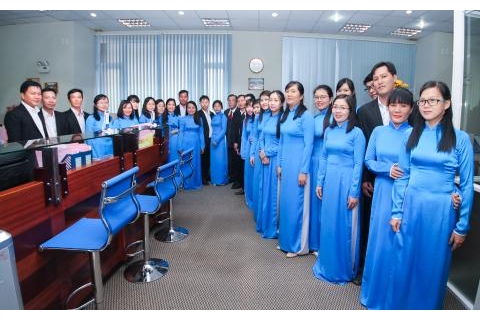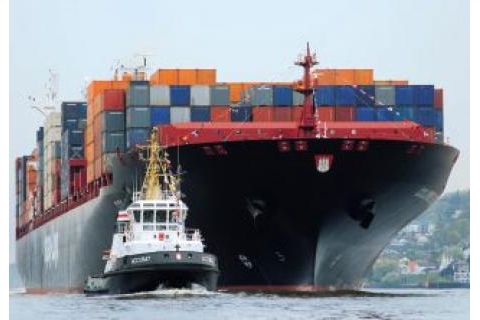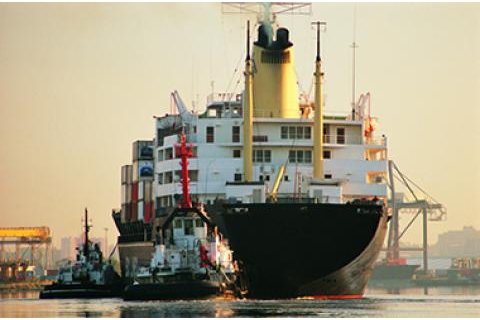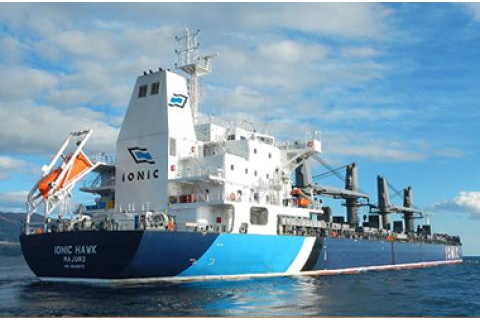News & Events
The entity, which would have a combined fleet of 400 vessels operated over a much expanded network, with capacity exceeding 2.9 million TEUs including orderbook, would overtake its partner in the Ocean Alliance, CMA CGM.
On July 9, COSCO Shipping Holdings and Shanghai International Port Group (SIPG) made a pre-conditional voluntary general offer to acquire all issued OOIL shares at an offer price of HKD 78.67 (USD 10.07) in cash.
The price represents a 31% premium on Friday’s closing price of HKD 60 and values OOIL at around HKD 49.2 billion (USD 6.3 billion). On the completion of the deal, COSCO will hold 90.1% while SIPG will hold the remaining 9.9% stake in OOIL.
From a hardware perspective, OOCL has an owned-fleet of 66 containerships aggregating around 440,000 TEU. It is a young and modern fleet with an average age of 7.1 years and average nominal capacity of 6,600 TEU. It is introducing its first 21,000 TEU vessel with five more to deliver and options for another six which it could easily exercise.
“Operationally, fitting OOCL into the bigger company should not be too difficult as both OOCL and COSCO already belong to the Ocean Alliance that operates mainly in the East-West container trades,” Drewry said. The biggest impact will be felt in Intra-Asia, where both carriers already have a large presence, while the footprint in the Asia to Middle East trade will also rise significantly.
From a marketing perspective the acquisition of OOCL “will enable COSCO to broaden its customer base, having previously being perceived, rightly or wrongly, as China-centric.”
Earlier reports suggested the valuation of the deal would be closer to USD 4 billion, which would be similar to what CMA CGM paid for NOL/APL. That always seemed undervalued considering OOIL’s better financial performance and reputation, plus the improving market outlook. However, at USD 6.3 billion “the price does seem a bit steep.”
According to Drewry Maritime Financial Research, OOIL’s book value stood at USD 4.5 billion based on FY16 numbers, meaning OOIL was able to extract a sizeable premium.
However, Drewry said that, notwithstanding any potential roadblocks to future M&A, the consolidation that has already occurred, plus much brighter market prospects and the moratorium on new ships, offers carriers a golden opportunity for far greater profitability in the near future. With fewer carriers, that in time will become financially stronger; the pendulum is swinging back towards those that have grown to survive.











